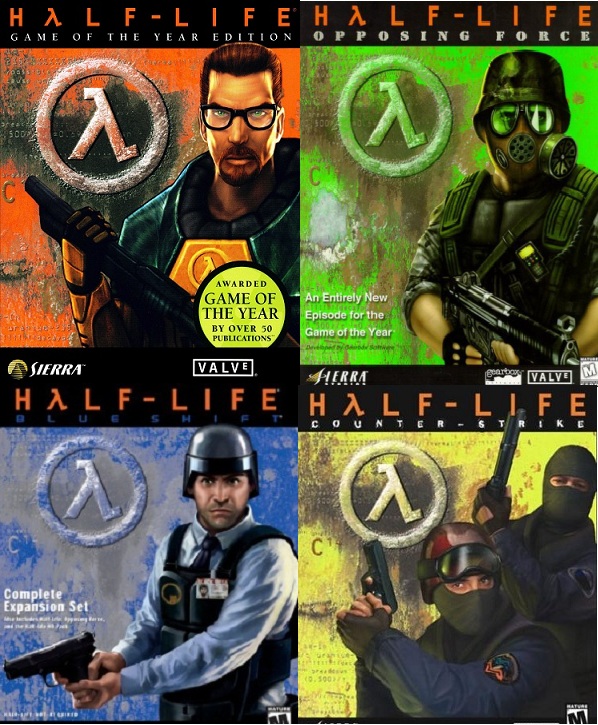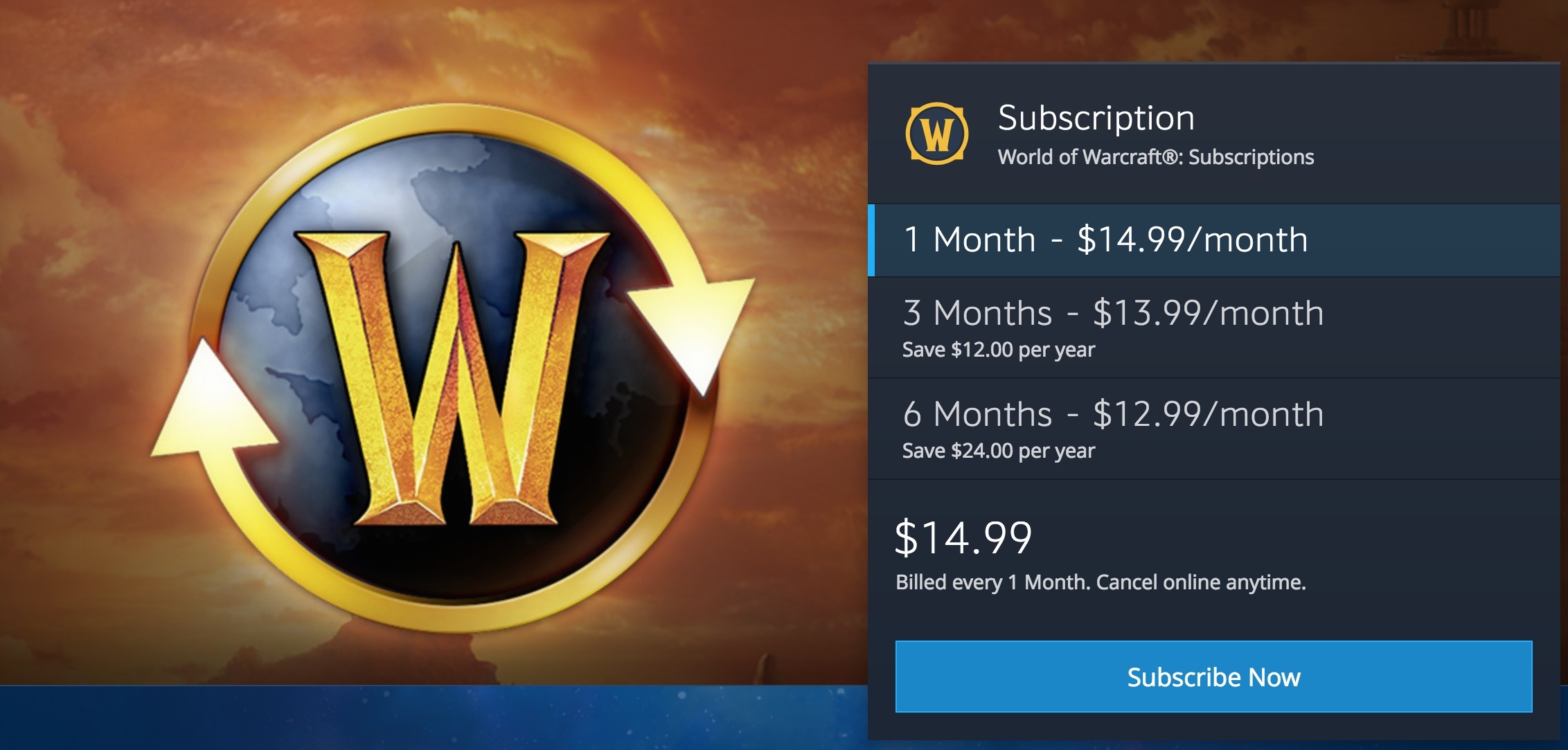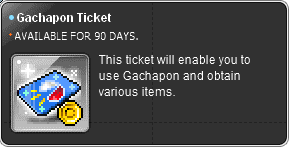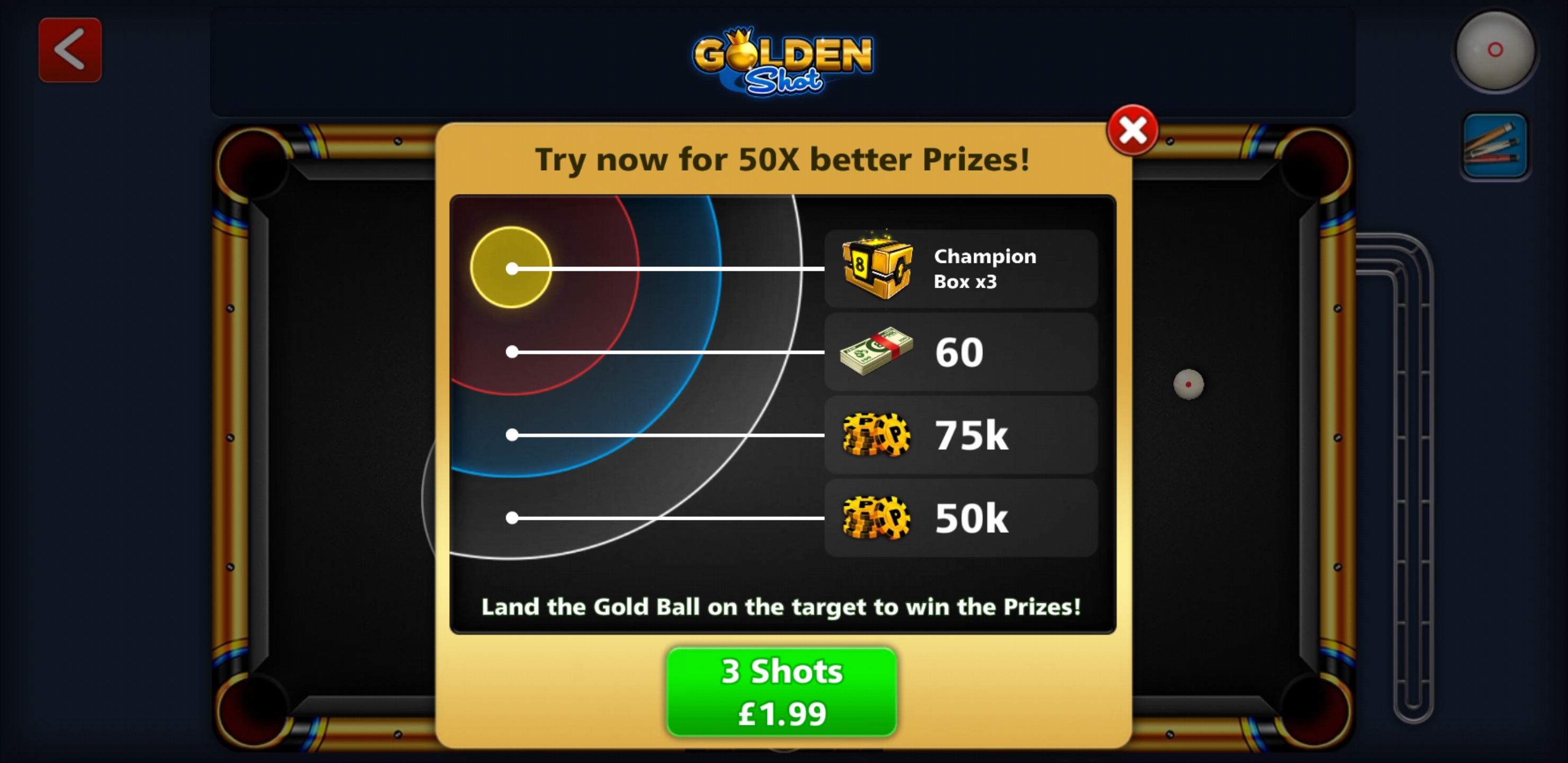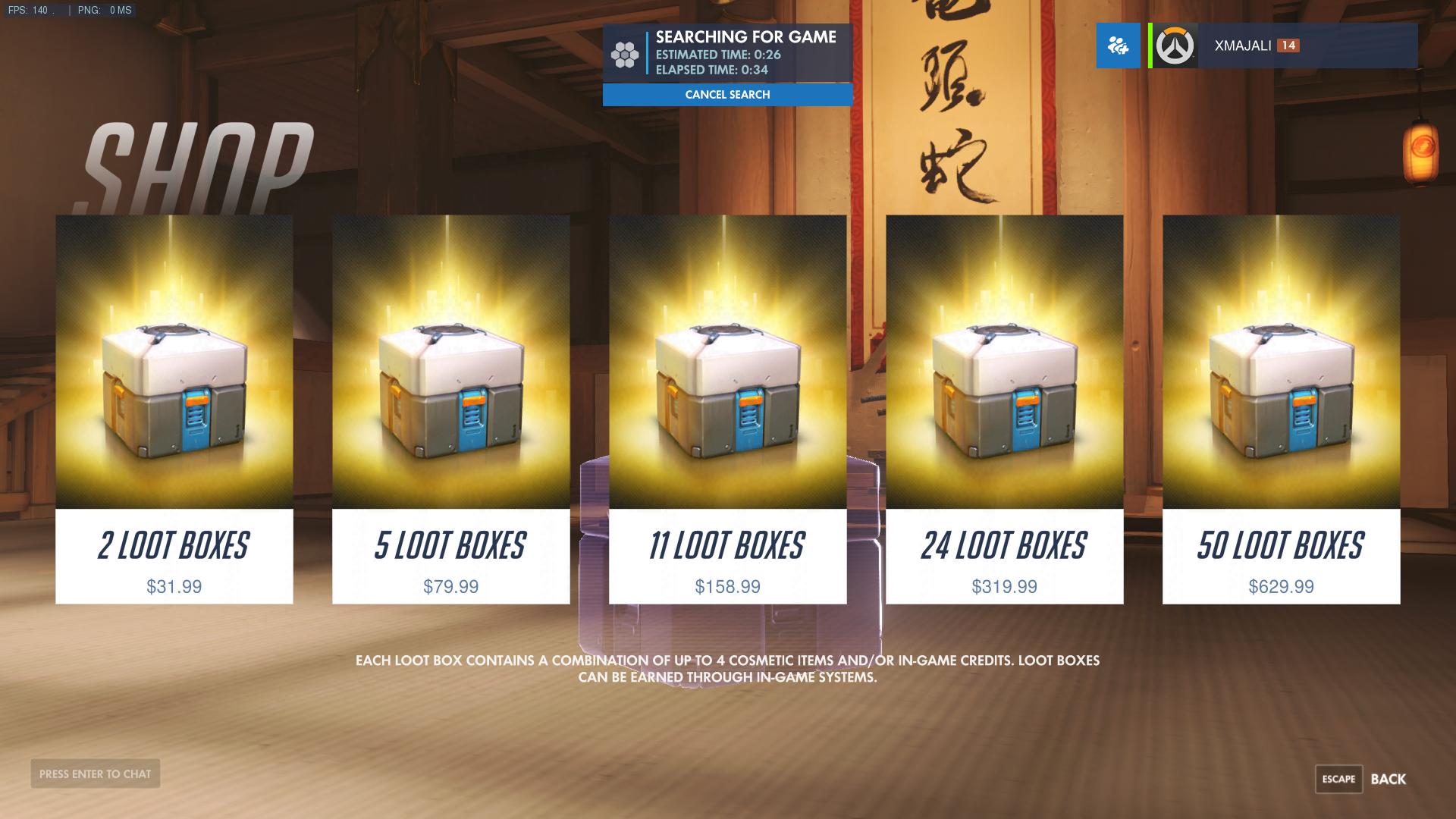“Even if it’s legislated against, it’s still not going to be going far enough”
Following research that suggests links between loot boxes and gambling, the Department for Digital, Culture, Media and Sport launched a call for evidence on loot boxes in September 2020, as part of a wider review of legislation. Following several delays, DCMS Minister Julia Lopez claims their findings will be published “in the coming months”.
The Department for Digital, Culture, Media & Sport has been approached for comment.
But campaigners fear any upcoming reforms will not be enough as the gaming industry has already moved on to developing new mechanics.
“Even if it’s legislated against, it’s still not going to be going far enough” said Marc Skinner, of the charity Addiction Recovery Agency.
“Loot boxes are one element but there are other things online that lawmakers need to protect people from. But they haven’t, they just dragged their heels.”
He pointed to skin betting, which involves using cosmetic in-game items such as "skins", as virtual currency to bet on the outcome of professional matches.
EA, the makers of FIFA and Star Wars Battlefront which both feature loot boxes, have previously said loot boxes aren't akin to gambling but are instead "surprise mechanics” similar to Kinder Eggs.
They are one of the largest video game publishers in the world, and have faced significant consumer backlash over their use of loot box mechanics.
Appearing before the Digital, Culture, Media, and Sport Committee in 2019, Kerry Hopkins, the company’s vice president of legal and government affairs, said: “We think it's like many other products that people enjoy in a healthy way, and like the element of surprise.”
EA declined to comment.
Meanwhile, other countries have taken regulatory action against loot boxes. In 2018, the Belgium Gaming Commission banned all loot boxes in video games while the Netherlands Gaming Authority declared that loot boxes where the content was transferable would be gambling and illegal.
A 2021 report by Juniper Research suggests that the amount of money generated by loot boxes will continue to grow but at a much lower rate compared to previous years. There is also evidence to suggest models such as subscriptions or battle passes are becoming more popular.
Battle passes let players unlock rewards for completing in-game challenges. Games usually offer some free passes but players can also pay for premium passes annually or seasonally for enhanced rewards, often including loot boxes.
Adam Wears, research analyst at the market research company, said: “In recent years, publishers and developers have pivoted towards subscriptions and battle passes, recurring sources of revenue that provide long-term returns on investment, as opposed to traditional, one-off purchases of downloadable content or, indeed, loot boxes.”
He expects the government to set out measures to restrict the use of loot boxes in video games in the upcoming gambling law review.
This could include listing prices in real-world currencies, capping how many loot boxes a player can buy over a certain period of time, and displaying the odds of winning high-quality loot boxes.
Legal experts in the gaming industry however believe a complete ban on loot boxes is unlikely.
“I think the hope is that if there’s any sort of regulation coming up, it’ll be consumer- orientated,” said Isabel Davies, video games and digital entertainment solicitor at Wiggin, “but having gone from saying they are not a regulated gambling product to banning it completely seems pretty severe.”
While the government delays taking action, loot boxes remain popular in mobile games, with many console and PC games moving towards battle passes. Some companies, meanwhile, are introducing NFTs for in-game items, which can be used across a variety of games and potentially have real world value.




